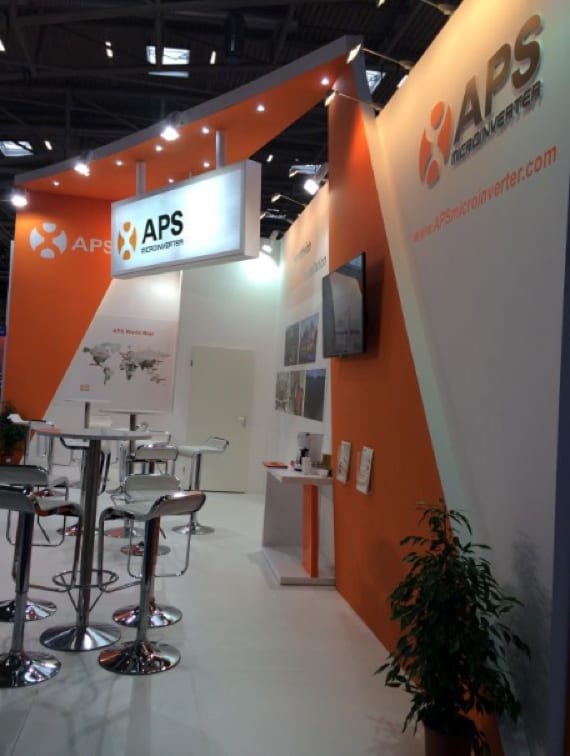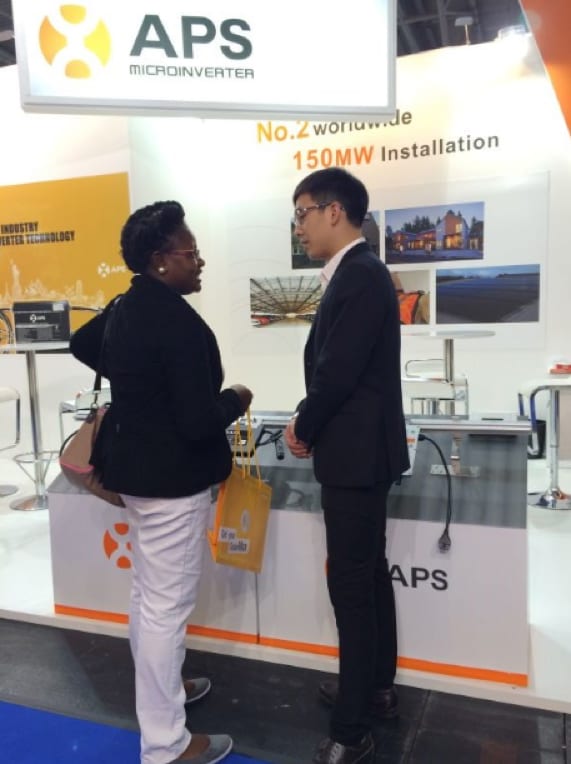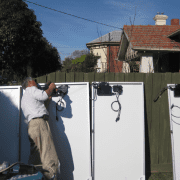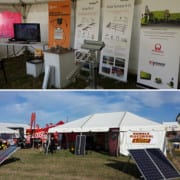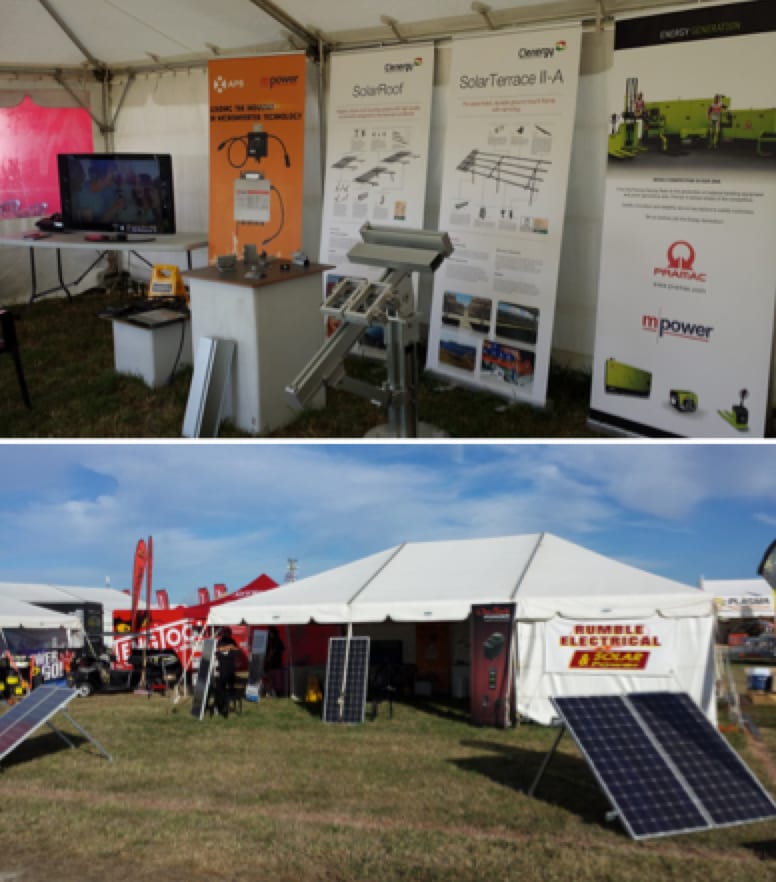FOR IMMEDIATE RELEASE
JIAXING, CHINA – APS, a global leader in solar technology, is now APsystems.
The brand refinement highlights the company’s commitment to powerful alternative energy solutions, and its evolution from a product-oriented portfolio to a whole-systems innovator.
The phrase “Altenergy Power,” a nod to the company’s original legal name, will appear beneath APsystems in the company’s new mark.
“Our company has earned a high profile in the solar marketplace, and we want to emphasize our commitment to alternative energy through our new brand,” said Zhi-Min Ling, APsystems co-founder, CEO and president, global operations. “Our range of product offerings is growing each year, and the new name also highlights our evolution toward whole-systems solutions.”
The new positioning follows the company’s strong growth and industry recognition in the U.S. and international solar markets over the past two years.

APsystems is headquartered in Jiaxing, China, and Seattle, USA, with regional offices in Europe and Australia, and Shanghai, China for global marketing and sales.
The company was founded in Silicon Valley in 2009 with a single product offering, a first-generation microinverter.
An ongoing commitment to research and development, engineering and technology innovation has created a robust module-level power electronics (MLPE) solutions portfolio. The company’s technology is also featured in integrated PV solutions by other solar industry leaders.
More than half of the APsystems workforce is involved in R&D engineering, underscoring the focus on constant product advancement and innovation.
The company’s flagship product, the YC500 microinverter, broke ground among MLPE offerings as the most powerful unit to handle two solar modules simultaneously, simplifying PV system design and significantly lowering installation costs on a per-watt basis.
More recently, the YC1000 microinverter entered the solar market as an innovative, purpose-designed unit for commercial applications. The fourth-generation technology offers true 3-phase (balanced AC) output and handles up to four modules per unit, bringing microinverter technology to the untapped commercial segment for the first time.
The microinverters have been successfully deployed on six continents.
“Our exclusive microinverter technology has proven itself powerful, reliable and attractive in the solar marketplace, in both residential and commercial installations worldwide,” said Wesley Tong, who is responsible for APsystems corporate strategy and new business development in global markets. “With our dedication to research and development, our portfolio of innovative solar solutions will continue to see new offerings of benefit to both consumers and the environment.”
APsystems products are designed around a flexible and powerful Field Programmable Gate Array (FPGA) integrated circuit, giving the company a significant competitive advantage in design, manufacturing, reliability and cost effectiveness.
The company’s microinverter line is programmable to any grid standard anywhere in the world, and is backed by industry-leading warranties and support.
See APsystems.com for information on the company’s worldwide operations, with links to offices in each regional market.
—-
APsystems is a worldwide leader in the development, manufacturing and marketing of alternative energy solutions based on its own proven, leading-edge technology. APsystems is headquartered Jiaxing, China, and Seattle, USA, with regional offices in Europe and Australia.



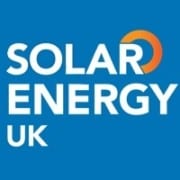

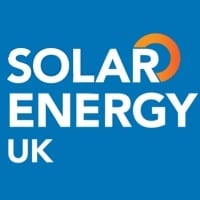
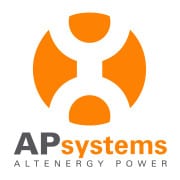

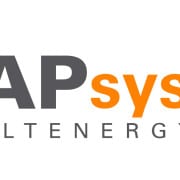

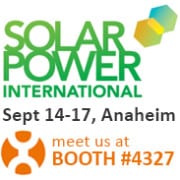
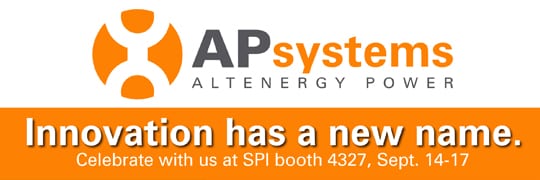



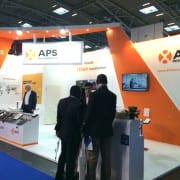
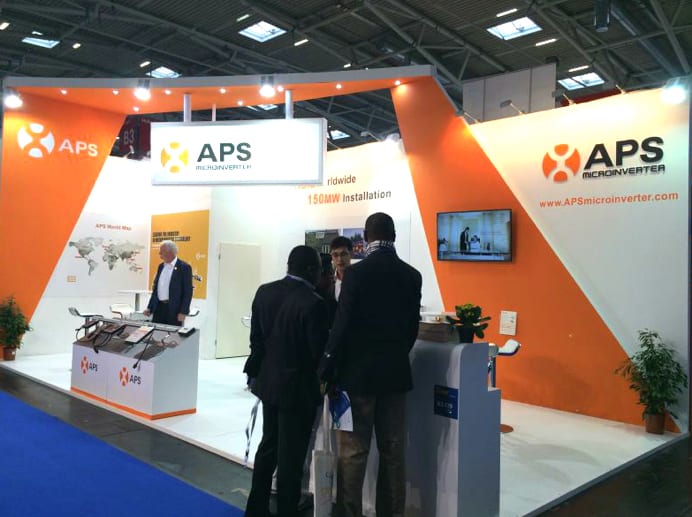 The 2015 event, held this year in Munich, is one of Europe’s largest solar expositions and offers a good overview of the PV market throughout the region.
The 2015 event, held this year in Munich, is one of Europe’s largest solar expositions and offers a good overview of the PV market throughout the region.